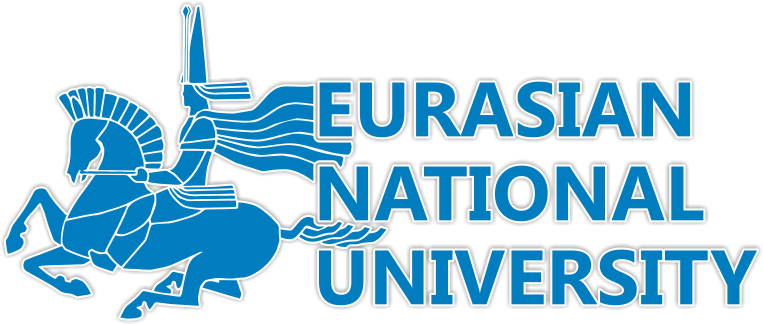On May 15, 2023, the L.N. Gumilev ENU was visited by the Ambassador Extraordinary and Plenipotentiary of the State of Palestine to the Republic of Kazakhstan, the Doyen of the diplomatic corps in Kazakhstan, Dr. Montaser Abu Zeid, who delivered a lecture to the Faculty, undergraduates and students of the Faculty of International Relations on the 75-1 anniversary of Nakba Day.
"Nakba" in Arabic means "shock, catastrophe, cataclysm". Since 1948, it has symbolized the tragedy of the Palestinian people, who were forced to leave their native lands and move to various countries of the world, to the West Bank and the Gaza Strip. By the beginning of the Nakba, Palestine was under British rule according to the mandate, which expired on May 15, 1948. On November 29, 1947, the UN decided to divide British Palestine into Jewish and Arab parts, followed by the creation of corresponding states. As the Arab diplomat noted: "Jews then made up a third of the population of Palestine, most of whom arrived from Europe a few years before the adoption of the resolution, and controlled no more than 5% of the historical territory of Palestine… But the plan proposed by the UN gave them 55%, which was not accepted by the Arab side." This was followed by intensive campaigns to seize new territories on Palestinian land, which eventually turned out to be occupied, and the forced resettlement of its Arab inhabitants began.
On May 15, 1948, the Palestinians proclaimed Nakba Day. By the end of 1948, more than 400 villages had been destroyed and looted, and more than 13,000 Palestinians had been killed. The tragedy of Palestine continues to this day. Currently, the Israeli State controls about 77% of the occupied Palestinian territories, from which almost 90% of its indigenous Arab population has been expelled.
The meeting was attended by the Dean of the Faculty of International Relations M.M. Kosybaev, employees of the Embassy of Palestine A. Aigumusova and A. Nekrasova.
This is another lecture by a distinguished Arab guest at our university.
Mr. Ambassador also dwelt on the history of the development of Palestinian-Kazakh relations, highly appreciated the role of Kazakhstan in supporting UN Security Council resolutions related to the Palestinian problem.
Addressing the audience, the Arab diplomat noted: "Despite the tragedy that the Palestinian people are experiencing, among its representatives there are world-famous businessmen, 48 multi-billionaires." At the end of the lecture, the participants were able to ask Mr. Ambassador questions, including in Arabic and English.
Mr. Ambassador on behalf of the Embassy of Palestine arranged a buffet for those present.
Reference. Palestine was one of the first States to recognize the sovereignty of our republic in 1991. In turn, independent Kazakhstan also recognized Palestine as a State. On April 6, 1992, an agreement was signed on the establishment of diplomatic relations between the two countries. In 1993, the Embassy of the State of Palestine was opened in Almaty, now located in Astana. Yasser Arafat was the first Arab leader to visit Kazakhstan after its independence was declared in December 1991. During this visit, the foundations of cooperation between the two countries were laid. The visit of the President of Kazakhstan Nursultan Nazarbayev to Palestine in December 1995 contributed to the further strengthening of friendly relations between the two countries.

